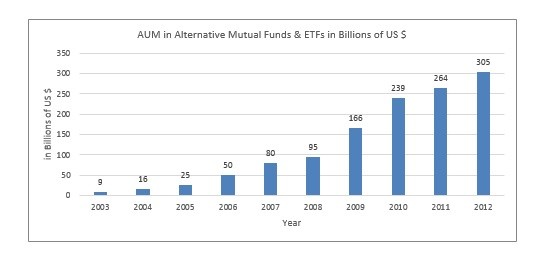Alternatives to MoneyMarket Funds
Post on: 30 Июнь, 2015 No Comment

JonnelleMarte
These are grim times for money-market funds: Not only are yields bumping along near zero, but the number of funds is shrinking by the day.
For investors who need to park some cash safely, better opportunities may lie elsewhere, in bank products or short-term bond funds.
Not long ago, money funds were so hot that even EBAY, -0.57% ‘s PayPal unit launched one. But in the past three years, the number of funds has dropped by almost 20% to 652, according to the Investment Company Institute, an industry trade group.
The problem? The funds are no longer lucrative—for shareholders or for fund firms.
Since the financial crisis, the yields on taxable money-market funds have been painfully low, hovering around 0.04%—far less than the average of 5% in 2007—according to research firm Crane Data LLC.
And even those minuscule returns have been inflated by fund-company subsidies. In order to simply keep returns on the funds positive, about 95% of money-market fund providers have been forced to forego their management fees, says managing editor of iMoneyNet, a money-market researcher.
FII, -1.14% which acquired $17 billion in money-market-fund assets from RidgeWorth Investments in November, estimates that keeping its funds in the black cost them $17.5 million in 2011’s second quarter, says the company’s chief executive and president.
Not surprisingly, many firms, including CS, +0.48% and Janus Capital Group Inc. have closed some or all of their money-market funds. PayPal announced last month that it would close its $471 million fund, which pays a 0.04% yield, on July 29.
Not that investors necessarily will miss them. So far this year, investors have pulled $84 billion from money-market funds, making a total of $1.1 trillion in outflows since 2009, shortly after the high-profile Reserve Primary Fund broke the buck—that is, its net asset value fell below $1. That resulted in investor panic, if only small losses.
Investors never have fully regained their confidence, and now, with regulators and lawmakers sounding the alarm about some money-market funds’ exposure to European debt, they may be even more shaken.
Banking Resources
The good news is that yields could be poised for a comeback. When the Federal Reserve finally raises rates—which it is expected to do next year at the earliest—money-market funds may reflect them more quickly than they have in the past, Mr. Krasner says, thanks to new federal rules requiring them to hold more-liquid assets, such as Treasury notes and commercial debt.
In the meantime, investors can find better places to put their cash, says a senior analyst at Bankrate.com. A handful of banks and credit unions have been offering some impressive rates on savings and checking accounts. The average rewards checking account is paying 2.6%, down from 3.3% last year but still substantially more than money-market funds. A handful are paying 4% or more.
West Texas National Bank in Midland, Texas, for example, offers an Ultimate Checking account that offers a 1.26% yield for account holders who make 10 check-card transactions a month and receive electronic statements. The interest rate falls to 0.1% for account holders who don’t meet the requirements, and to 0.25% on balances over $25,000. Consumers Credit Union of Illinois offers a 4.09% yield on balances up to $10,000. But if you fail to meet all the activity requirements, yields drop to money-market-fund levels.
Savings accounts don’t typically have so many requirements and restrictions, but they also are less flexible, often limiting the number of monthly transactions. At the high end, savings accounts are paying 1.1%—almost one percentage point higher than a typical money-market fund, says Mr. McBride.
In addition, savings and checking accounts are covered by the Federal Deposit Insurance Corp. up to $250,000 per person per institution, a safety net that money-market funds lack.
Discover Bank, for example, offers an online savings account with a 1.15% annual percentage yield. Account holders are limited to six transfers per statement cycle, and there is a $500 minimum balance required to open an account.
For investors more turned off by bank-account restrictions, some advisers recommend parking cash in a short-term bond fund, such as such as the Vanguard Short-Term Investment-Grade fund. which has returned an average 1.6% year to date. Its annual management fee is 0.22%.
The short-term bond fund category has returned 3% on average over the last year, according to research firm MORN, -1.76% better than money funds but also susceptible to the ups and downs of the market.














